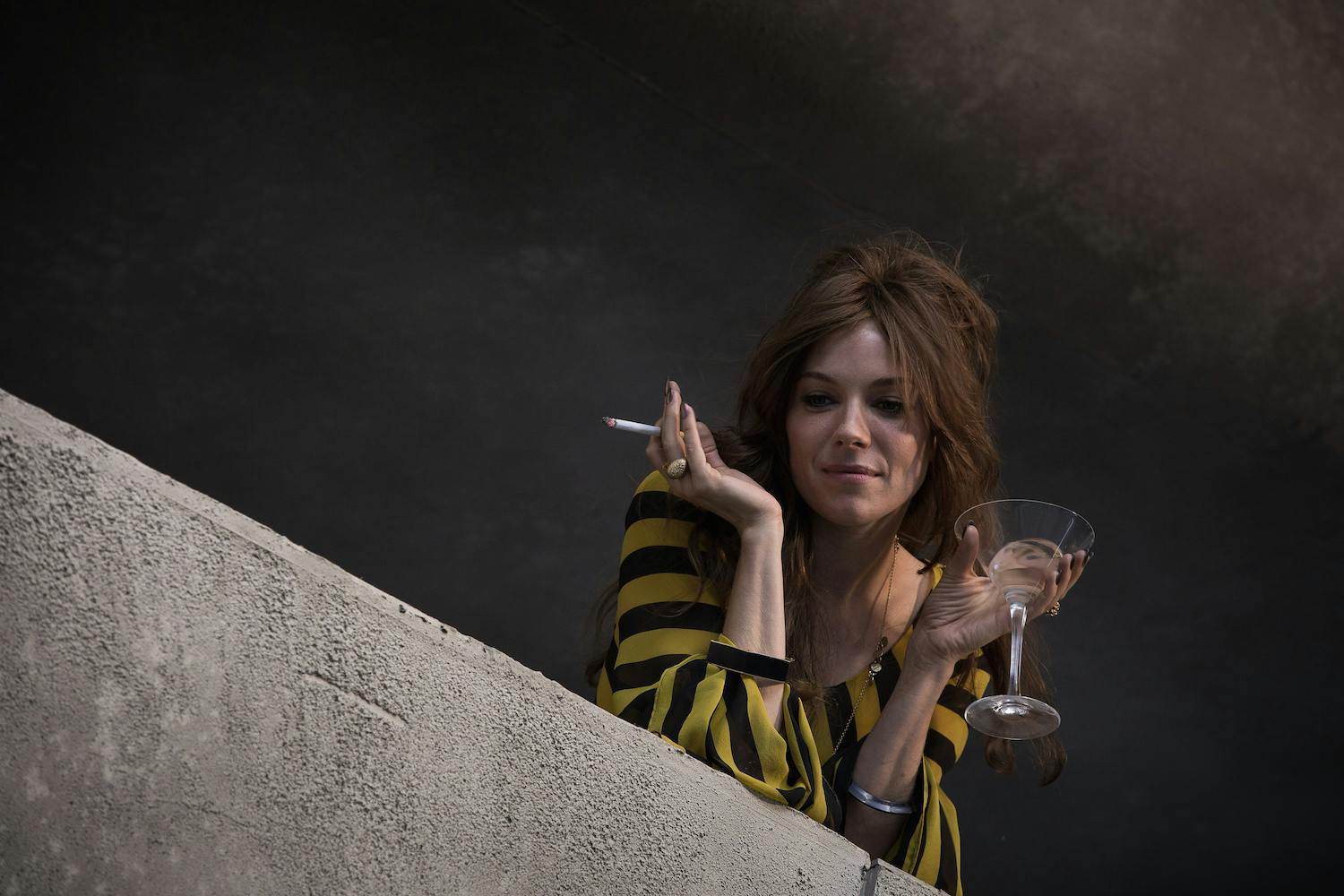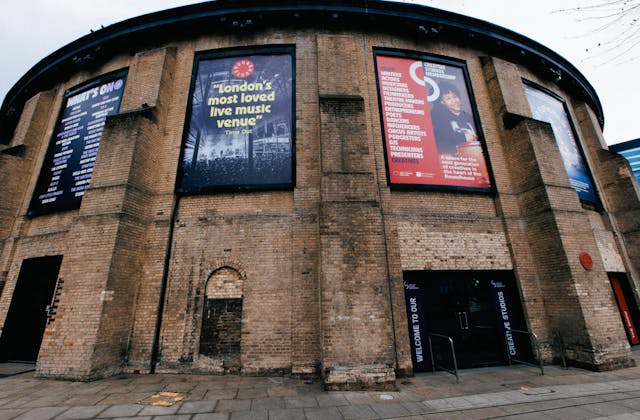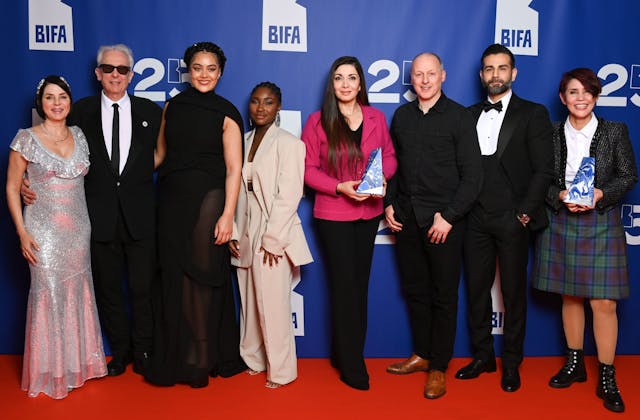WOMEN IN FILM WAS A HOT TOPIC IN 2015. NIKKI BAUGHAN CELEBRATES THE FILMMAKERS PUTTING STRONG FEMALE CHARACTERS AT THE HEART OF THEIR STORIES
The issue of women in film has reached fever pitch this year, with an increasing number of high-profile figures speaking out about the industry’s gender imbalance. It was a theme at the heart of the BFI London Film Festival, which highlighted both the work of female directors and films featuring strong female characters. Its centrepiece was the launch of the Geena Davis Institute on Gender in Media’s Global Symposium on Gender, which aims to redress the balance when it comes to the woeful representation of women in film.
‘We are unwittingly training generation after generation to see men and women as unequal,’ said Davis in her passionate keynote speech. ‘We need to dramatically change the way women are depicted… Give female characters more to do, more to say, greater aspirations. We need to make sweeping changes, and make them now.’
While the industry has a long way to go to achieve this gender equality, 2015 has – as the BIFA nominations can attest – been something of a banner year when it comes to strong female characters. Front and centre is Sarah Gavron’s gamechanging Suffragette, in which BIFA Best Actress nominee Carey Mulligan heads a stellar female line-up, including Best Supporting Actress nominees Helena Bonham Carter and Anne-Marie Duff. Despite its period setting, Abi Morgan’s rousing screenplay imbues their characters with vibrant resonance; these suffragettes are not the genteel protestors of historical legacy but bravura action heroes, taking the fight for equality aggressively into their own hands.
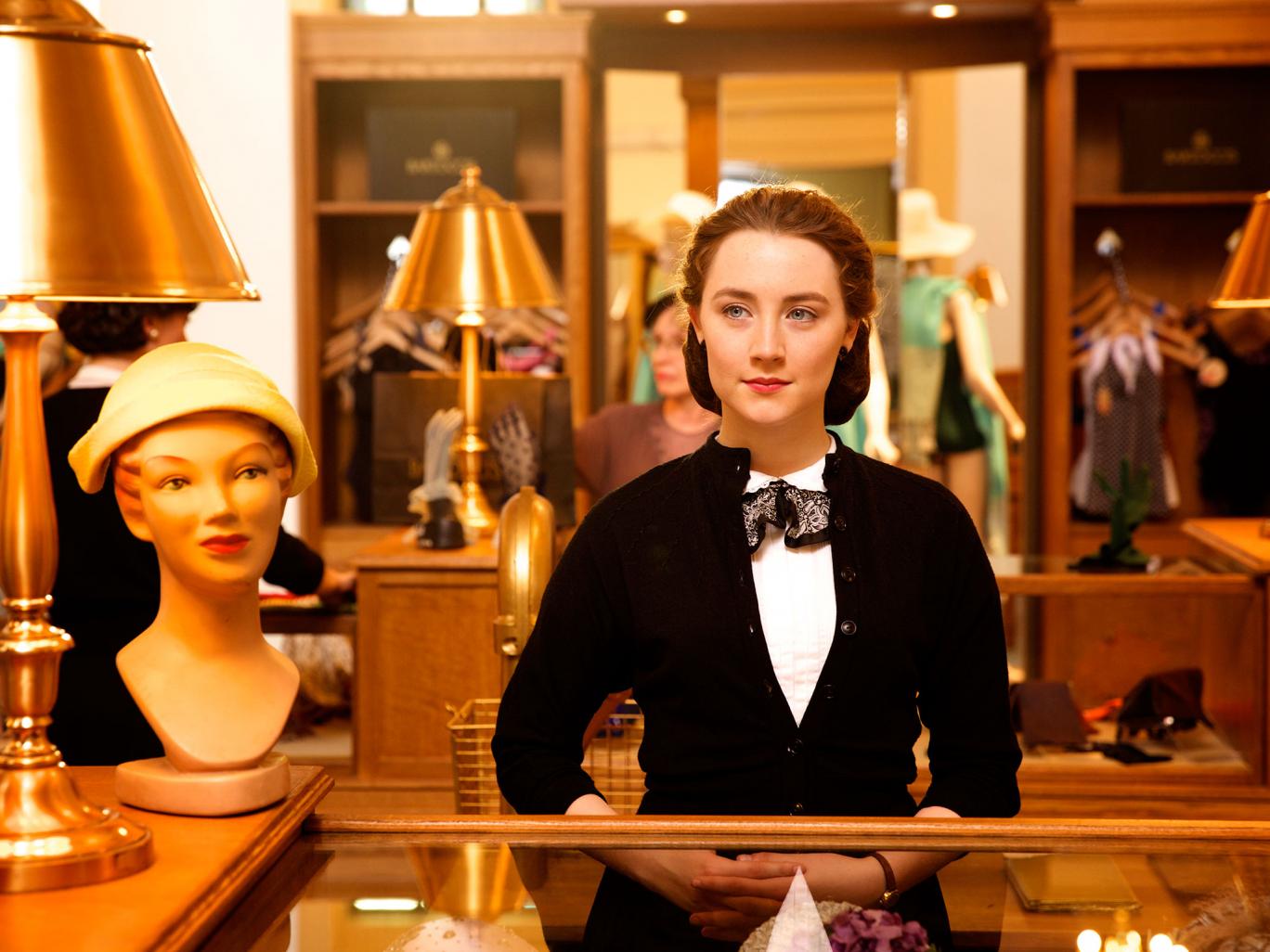 Told from a rather more gentle, but no less authentic, female perspective is Brooklyn, Nick Hornby’s sumptuous adaptation of Colm Tóibín’s novel directed by John Crowley. The film handles its themes of love and loss with subtle restraint, thanks to the nuanced characterisation of Eilis (a stunning, Best Actress-nominated performance from Saoirse Ronan). Relocating from rural Ireland to New York City in the 1950s, Eilis may be constrained by the moral codes of the day but she is an entirely contemporary heroine. (The film also boasts another wonderful woman, in the form of Eilis’s opinionated landlady Mrs Kehoe, played by Best Supporting Actress nominee Julie Walters.)
Told from a rather more gentle, but no less authentic, female perspective is Brooklyn, Nick Hornby’s sumptuous adaptation of Colm Tóibín’s novel directed by John Crowley. The film handles its themes of love and loss with subtle restraint, thanks to the nuanced characterisation of Eilis (a stunning, Best Actress-nominated performance from Saoirse Ronan). Relocating from rural Ireland to New York City in the 1950s, Eilis may be constrained by the moral codes of the day but she is an entirely contemporary heroine. (The film also boasts another wonderful woman, in the form of Eilis’s opinionated landlady Mrs Kehoe, played by Best Supporting Actress nominee Julie Walters.)
It would be impossible to talk about strong women on screen without mentioning Cate Blanchett, whose characters are never anything less than towering both in scope and delivery. This year has seen more of the same, firstly with her turn as inspirational real-life CBS producer Mary Mapes in James Vanderbilt’s Truth – released in the UK in March – and as the titular romantic heroine in Todd Haynes’s sumptuous Carol (nominated for Best International Independent Film). As the latter, she is part of the year’s most incredible female pairing: a forthright and fallible woman determined to explore her sexual connection with shop worker Therese (an equally brilliant Rooney Mara), despite the huge personal consequences of acting on such feelings in 1950s America.
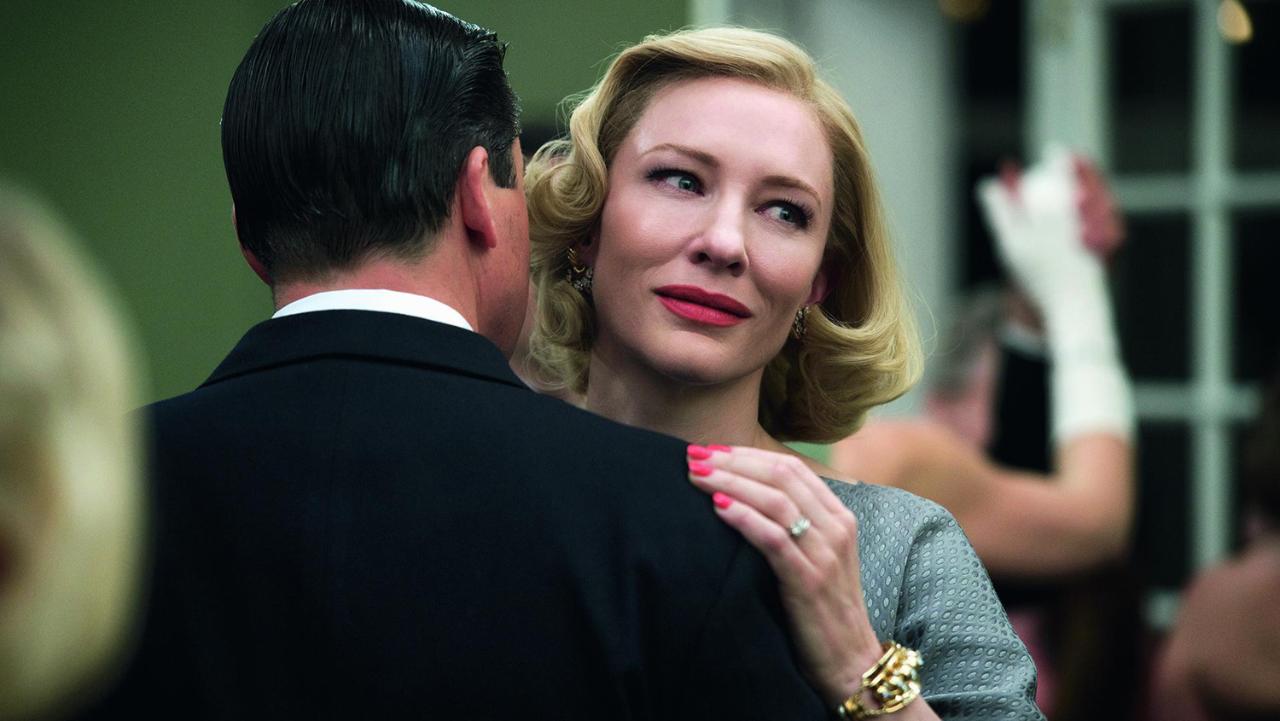 While Carol expertly deals with female sexuality, Sean Baker’s scorching, BIFA-longlisted drama Tangerine launches a powerful challenge to the traditional view of on-screen femininity. This breathtaking work features two compelling transgender characters Sin-Dee and Alexandra (played by trans acting newcomers Kitana Kiki Rodriguez and Mya Taylor) who are defiantly not defined by their gender identity, but instead by their colourful, modern friendship.
While Carol expertly deals with female sexuality, Sean Baker’s scorching, BIFA-longlisted drama Tangerine launches a powerful challenge to the traditional view of on-screen femininity. This breathtaking work features two compelling transgender characters Sin-Dee and Alexandra (played by trans acting newcomers Kitana Kiki Rodriguez and Mya Taylor) who are defiantly not defined by their gender identity, but instead by their colourful, modern friendship.
Also dealing with transgender issues is The Danish Girl, in which Eddie Redmayne plays Danish transgender pioneer Lili Elbe. It features another astonishing performance from BIFA Best Actress nominee Alicia Vikander, as Lili’s conflicted wife Gerda who, while always supporting Lili in her journey, has been given a striking individuality and ambitious drive by screenwriter Lucinda Coxon.
Writer/director Yorgos Lanthimos and co-writer Efthymis Filippou created one of the most intriguing female characters of the year, Olivia Colman’s seductively strict Hotel Manager, for dystopian romantic comedy The Lobster. And while Sienna Miller’s Charlotte Melville may find herself at the mercy of her neighbours in Ben Wheatley’s thriller High-Rise, screenwriter Amy Jump has ensured she is no passive victim. (Both Miller and Colman have been nominated for Best Supporting Actress.)
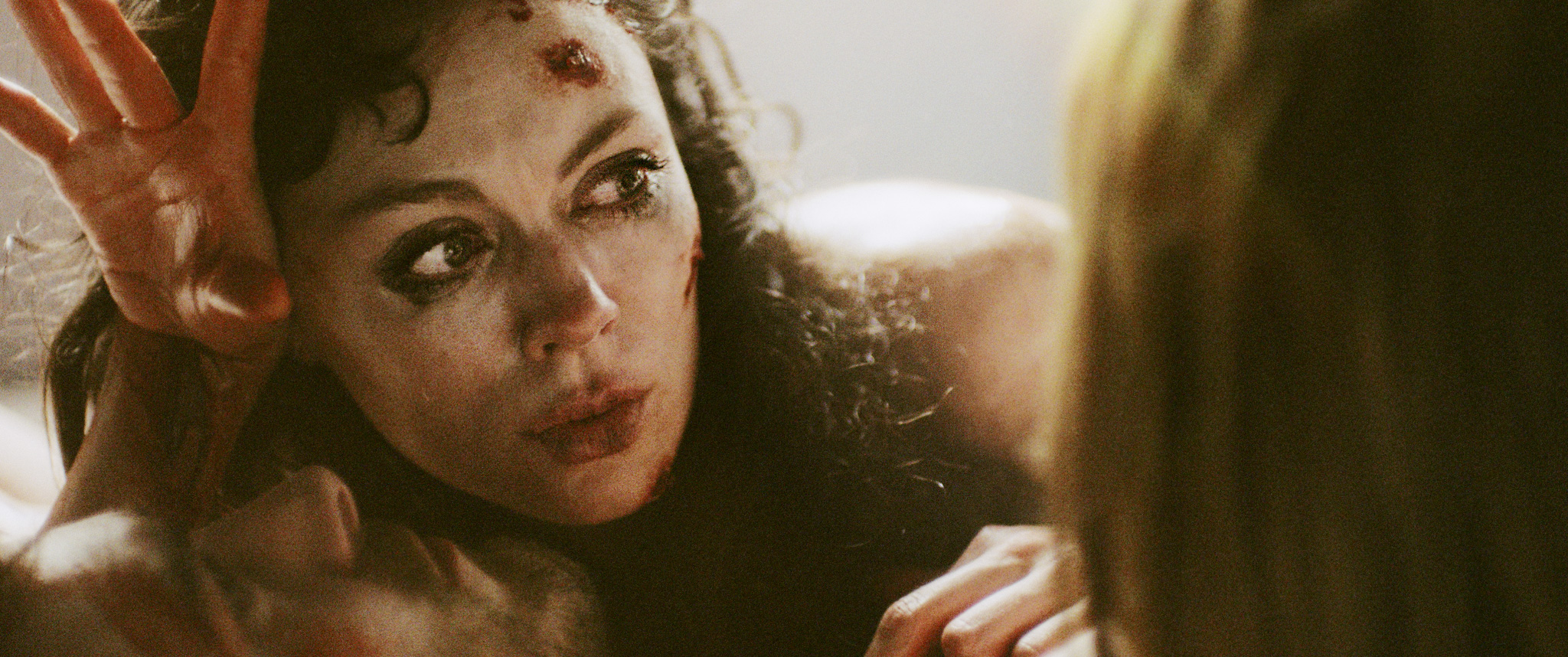 It ’s a rare thing for a genre film to feature well-rounded female characters, but Douglas Hickox Award-nominated directors Ben and Chris Blaine bucked the trend in their brilliantly subversive debut Nina Forever. While this story of a new couple haunted by the man’s deceased ex (who turns up, naked, during their most intimate moments) could easily have succumbed to cliché, the Blaine brothers sidestep such problems by giving love rivals Nina (Fiona O’Shaughnessy) and Holly (Most Promising Newcomer nominee Abigail Hardingham) emotional depth and motivations entirely unrelated to love interest Rob (Cian Barry). Céline Sciamma’s outstanding Girlhood (nominated for Best International Independent Film) is a skilful depiction of female adolescence navigating the threateningly masculine landscape of their Parisian estate. The female teen experience is perfectly encapsulated in its eloquent opening sequence in which a shouting group of female American football players are brought to total, downcast silence by the catcalls of the men they pass on their way home. It’s one of the most powerful cinematic moments of the year.
It ’s a rare thing for a genre film to feature well-rounded female characters, but Douglas Hickox Award-nominated directors Ben and Chris Blaine bucked the trend in their brilliantly subversive debut Nina Forever. While this story of a new couple haunted by the man’s deceased ex (who turns up, naked, during their most intimate moments) could easily have succumbed to cliché, the Blaine brothers sidestep such problems by giving love rivals Nina (Fiona O’Shaughnessy) and Holly (Most Promising Newcomer nominee Abigail Hardingham) emotional depth and motivations entirely unrelated to love interest Rob (Cian Barry). Céline Sciamma’s outstanding Girlhood (nominated for Best International Independent Film) is a skilful depiction of female adolescence navigating the threateningly masculine landscape of their Parisian estate. The female teen experience is perfectly encapsulated in its eloquent opening sequence in which a shouting group of female American football players are brought to total, downcast silence by the catcalls of the men they pass on their way home. It’s one of the most powerful cinematic moments of the year.
Strong female characters have also been in abundance outside of the BIFA nominations list, and across the broad spectrum of genres: including grown-up besties Jess (Drew Barrymore) and Milly (Toni Collette) in Miss You Already; science-geek-world-saving teen Casey (Britt Robertson) in Tomorrowland; the robust older women of Grandma (Lily Tomlin) and Lady in the Van (Maggie Smith); ass-kicking Ilsa (Rebecca Ferguson) in Mission: Impossible – Rogue Nation; and, of course, all-conquering action hero Furiosa (Charlize Theron) in Mad Max: Fury Road. It all goes to show that, while women may still be as under-represented on screen as off, 2015 may be the year when the tide, finally, begins to turn.
